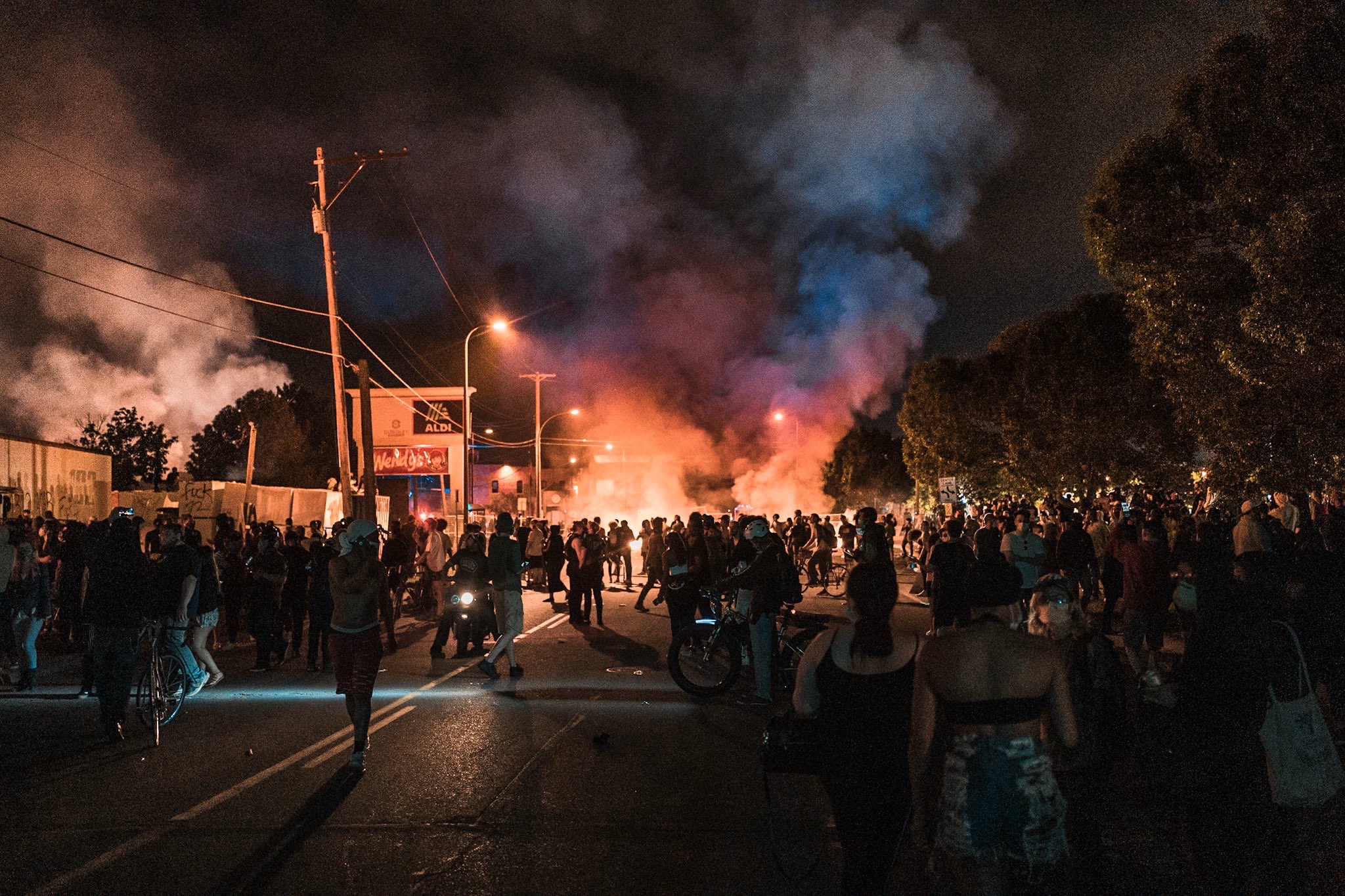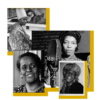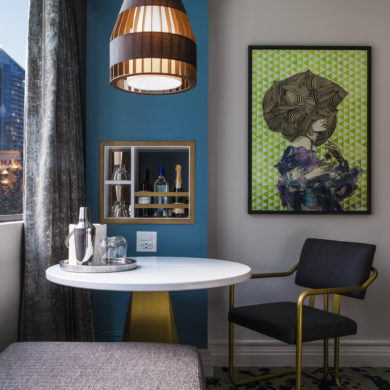Writing has a life of its own. I know that to be true, for I have witnessed half-written texts altogether scrapped indefinitely only to reborn as someone’s most celebrated work. I have also seen articles go from idea to conception and die before it is born as tangible or digital pages. As of today, this Editor’s Note has been in my drafts for over a month. Initially, it was a listicle of helpful resources and inspiring content for creatives attempting to find a balance between isolation and creative production. For days I scoured the internet, newsletters, articles, and social media to gather data. I compiled a comprehensive list of grants, workshops, loans, job boards, videos, and initiatives to support. I even wrote of the success of our newly launched zine, and how the struggles to complete that project was all worth it. While noble in its intent, this draft remained because I had a feeling its usefulness lacked potency. And if you know anything about me, it’s that I don’t much like content that is not, at the very least, insightful. Fluff-content and click-bait is not our speed.
I tried to revive this piece as an exciting roll-out of Trial + Error: The Summit – a virtual event happening this weekend inspired by our video series. Last Thursday, the newsletter was in the queue, packed with active language and SEO-friendly keywords, to entice our readers to share in the excitement we felt. After all, we’d spent over four weeks curating an impressive lineup of speakers, vendors, and indie musicians. But as before, this Note had its shelf-life cut short, and for a good reason. So, again, the Note solemnly rested in our CMS. Until today.
The current state of affairs easily breathed new life and meaning into what was a defunct mission. In addition to battling the horrors of an incurable virus, mass outrage reminds us of America’s most deadly disease. Four hundred years after slavery, and racism is still the number one killer of Black people, both directly and indirectly.
Ahmaud Arbery. Breonna Taylor. Sean Reed. George Floyd.
The newest names added to the disgustingly extensive database of Black lives viciously robbed by the hands of America’s hyper-militarized police force. A racist, corrupt institution founded, particularly in the South, “on the preservation of the slavery system.” From its inception, law and order in America reserved its violence for solely Black bodies, and it still does. In February, it was Ahmaud Arbery. Breonna Taylor the following month. And in May, both Sean Reed and George Floyd, respectively. Month five into 2020 and already a minimum of four large-scale police-related murders. And to think, that amount is only the cases we of which we aware. However, not even quarantine could silence our outrage.
Righteous rioters stormed the streets of Minneapolis in protest at George Floyd’s murder, for which the culprit had not been adequately held accountable. But the Black collective memory could not allow this protest to occur in isolation, because the issue itself is not isolated. It is national and global, a shared trauma that is so unyielding we are unable to heal from it.
Is it unfair to harshly critique the response instead of the source of the protestors’ rage? YES! Not only is it unfair, that viewpoint is also unjust. And where there is no justice, there can be no peace.
Until we can live in a society where we don’t have to scream “ALL BLACK LIVES MATTER,” righteous riots must continue.
Here’s how you can help:
- Running List of Bail Funds By City – Organized by Hannah Rosenthal and Belle
- Resistance Funds By State – Unknown organizer
Donate. Share resources. Talk and listen to your peers. Educate those who seek to be. Stand up for Black lives.
Not just today, but every single day.


